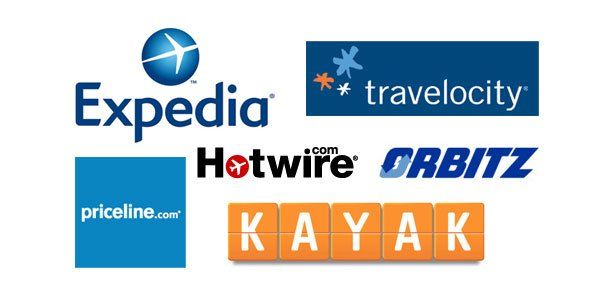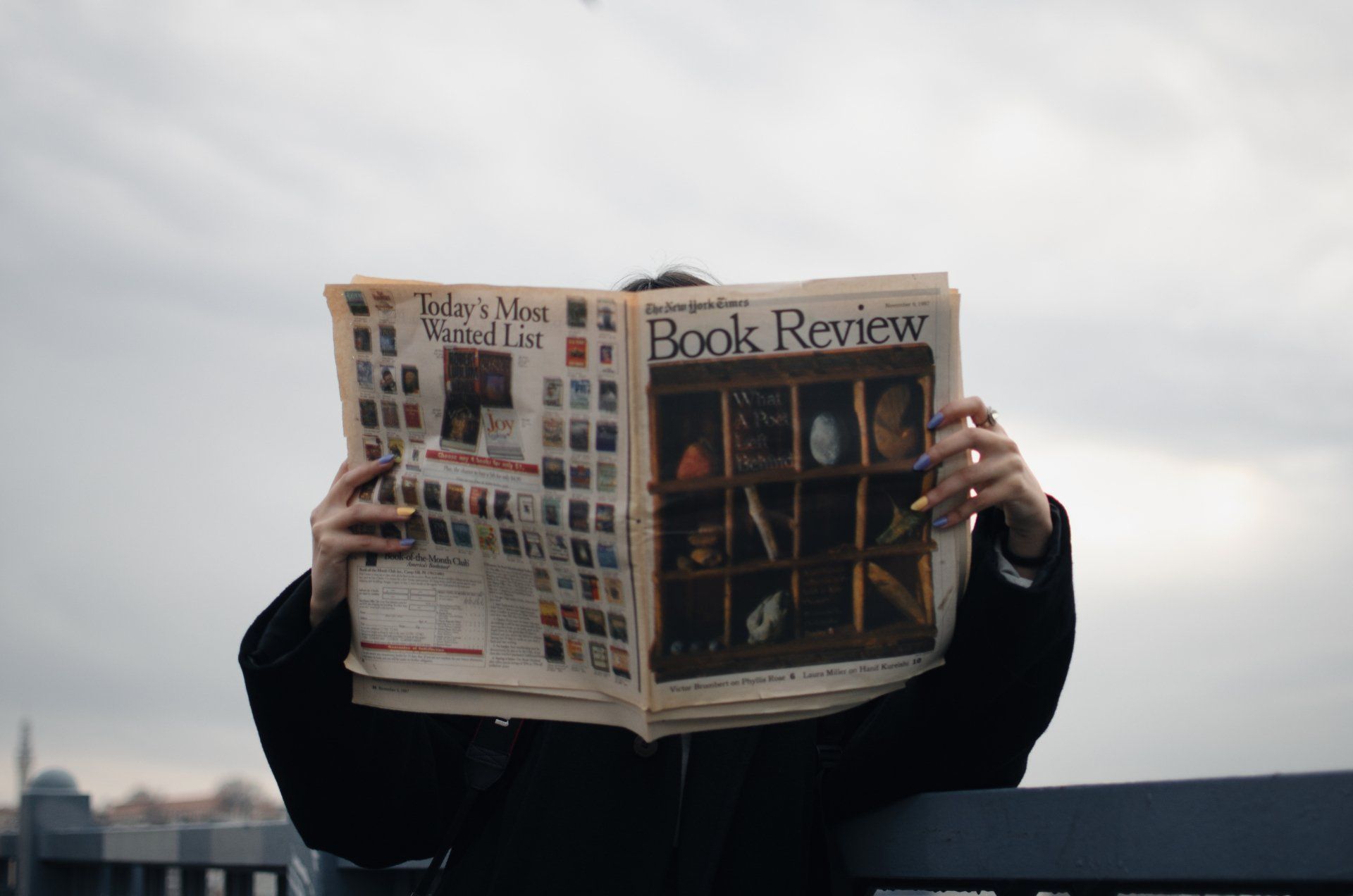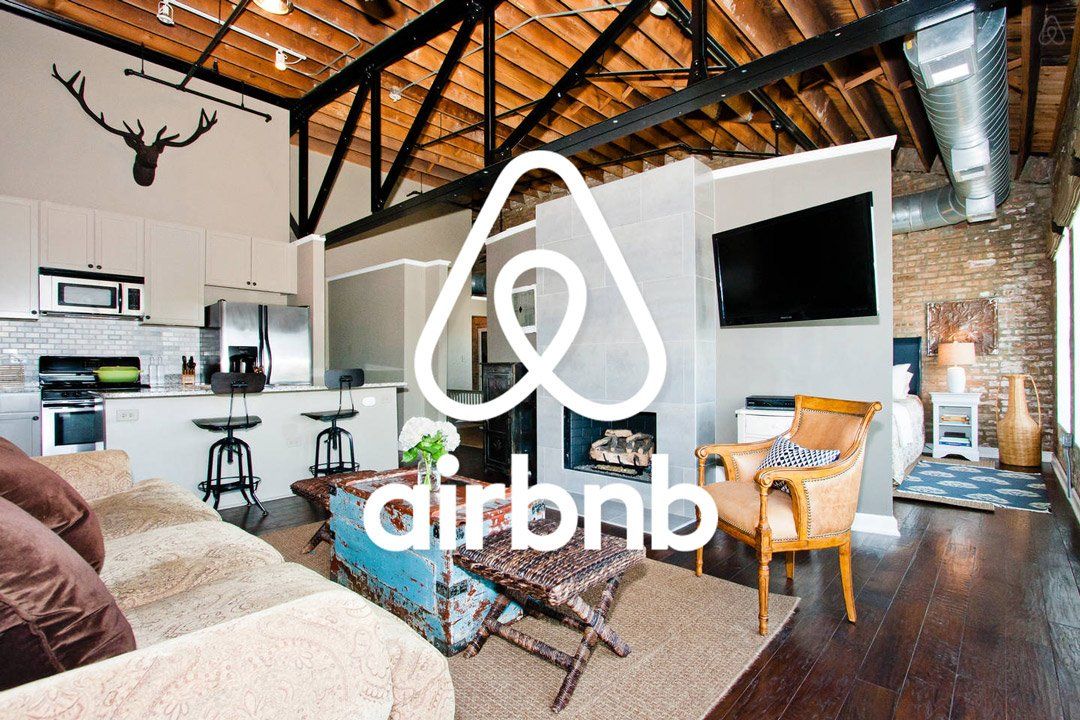THE CURIOUS HOTELIER
Shaping and sharing your story
practical business & marketing support in a changing world
practical business & marketing support in a changing world
ABOUT THE CURIOUS HOTELIER
I am an award-winning hotelier, journalist and author with a passion for a story. I have thirty years of experience in the newsroom of daily newspapers and at the sharp end of hospitality and customer service.
In an increasingly competitive market it's difficult to establish your point of difference and easy to get lost in the crowd. The modern customer wants to know everything that goes into creating the product or experience they are buying. And it doesn't matter if you're selling hotel rooms, restaurant meals, nuts and bolts or widgets. People buy people and we're all only as good as our story.
In short your customers want to be part of your story. By shaping and sharing your unique personal and business story you can put yourself in a stronger position to find more of the kind of customers you want, who will understand you and your business and whose expectations will be aligned to what you have to offer.
Through strong and consistent story-telling and messaging my own businesses have consistently punched above their weight in terms of PR and marketing and I have helped build and establish new start-ups as well as working with established businesses to do the same.
Tell me your story and allow me to show you how it can be the most powerful marketing tool you may never have realised you owned.
I have written two highly acclaimed books about life in hospitality and have used these alongside social media, blogging and PR to create a multi-faceted approach to marketing. As The Curious Hotelier I can help do the same for you.
Everyone has a story and The Curious Hotelier can help you tell it.
Why the Curious Hotelier?
I believe in places to stay which are an antidote to the boring, bland and beige - my hotel, Augill Castle
is a trailblazer for a different kind of curious hotel run by and for people genuinely curious about other people.
My curiosity goes beyond those who arrive at my door - I review places and people for my own blog, contribute regularly to travel and lifestyle blogs, write copy, review hotels for guides, design websites, speak at events.
undressed for dinnerLakeland book of the year 2014
published october 2016
the curious hotelier's Blog
ReCent Posts

Augill Castle, the hotel I started and have run with my wife for twenty-one years made the cut for five years running to appear in The Sunday Times Ultimate 100 British Hotels list. It's no mean feat for a hotel run by a couple with limited resources who started with the philosophy of wanting to bring their children up in a big house in the country and open a few guest rooms to help pay for the roof repairs.
That was in 1997 and since then the place has grown, we've acquired the rest of the estate which had been in other hands and put it all back together as a fifteen bedroom hotel. Except that it's not a hotel. It's a place to stay where guests find a sense of belonging, in many ways the very antithesis of a hotel. That initial philosophy of opening the doors of our home to share with guests remains as central to what we do now as ever.
So it is heartening and deeply satisfying the read The Sunday Times' write up of their hotel of the year in 2016, The Painswick in The Cotswolds. That it sounds such an idyllic place is because the words could have been written about Augill:
'It [the hotel] does not feature groundbreaking ideas in hospitality'
'It's simply a beautiful place, run with enthusiasm, care and a touch of humour'
'The building is immensely satisfying, with thick, thick walls and a pleasing patina of age'
'Somewhere as lovely as this didn't need messing about with... remodelled it with simplicity and style'
'The beds are big, the duvets fluffy, the towels even fluffier'
'The common areas are full of of good vibes and neat touches... fires and fall-asleep-comfy sofas... actually relaxed enough to do just that'
'There are games - proper ones like Cluedo and Scrabble'
'A place with history, warmth and immense charm'
Our own write-up wasn't bad either, focussing on our let-them-be-children attitude to younger visitors.
But let me return to the first sentence of that year's Ultimate 100 hotel list: 'First, an apology. The Sunday Times Hotel of the Year 2016 is not innovative.'
On the contrary, The Painswick, and by association all those of us who have been doing things this way for years, are at the cutting edge of innovation, constantly re-inventing ourselves and devising ever more simple ideas to satisfy our customers' demands for, well, put simply, simplicity.
To give The Sunday Times the last word: 'Simple things done well - and when you do lots and lots of those they add up to something special'
And it is those things that guests old and new need to hear about and buy into when they read about any hotel.
That was in 1997 and since then the place has grown, we've acquired the rest of the estate which had been in other hands and put it all back together as a fifteen bedroom hotel. Except that it's not a hotel. It's a place to stay where guests find a sense of belonging, in many ways the very antithesis of a hotel. That initial philosophy of opening the doors of our home to share with guests remains as central to what we do now as ever.
So it is heartening and deeply satisfying the read The Sunday Times' write up of their hotel of the year in 2016, The Painswick in The Cotswolds. That it sounds such an idyllic place is because the words could have been written about Augill:
'It [the hotel] does not feature groundbreaking ideas in hospitality'
'It's simply a beautiful place, run with enthusiasm, care and a touch of humour'
'The building is immensely satisfying, with thick, thick walls and a pleasing patina of age'
'Somewhere as lovely as this didn't need messing about with... remodelled it with simplicity and style'
'The beds are big, the duvets fluffy, the towels even fluffier'
'The common areas are full of of good vibes and neat touches... fires and fall-asleep-comfy sofas... actually relaxed enough to do just that'
'There are games - proper ones like Cluedo and Scrabble'
'A place with history, warmth and immense charm'
Our own write-up wasn't bad either, focussing on our let-them-be-children attitude to younger visitors.
But let me return to the first sentence of that year's Ultimate 100 hotel list: 'First, an apology. The Sunday Times Hotel of the Year 2016 is not innovative.'
On the contrary, The Painswick, and by association all those of us who have been doing things this way for years, are at the cutting edge of innovation, constantly re-inventing ourselves and devising ever more simple ideas to satisfy our customers' demands for, well, put simply, simplicity.
To give The Sunday Times the last word: 'Simple things done well - and when you do lots and lots of those they add up to something special'
And it is those things that guests old and new need to hear about and buy into when they read about any hotel.

At the Independent Hotel Show this week I found myself on stage twice, talking first about what makes an independent hotel stand out from the crowd and second, how do we turn the online travel agents (OTAs) which have become so dominant in global travel from the perceived enemy to the hotelier’s friends.
In several ways the two discussions are closely related. While some say that independent hotels are such small fry they have little bargaining power so can be effectively bullied by the big OTAs their independence is also what makes them unique, interesting, innovative and therefore attractive for the OTAs to have on their books because ultimately the OTAs need engaging content to sell to their customers. Also, let’s not forget that more than half of the hotel bedrooms in the UK are still behind the doors of independent hotels, many of whom will never be swallowed up by the branded companies thanks precisely to their individuality and quirkiness.
When most hoteliers speak about OTAs, often spitting the phrase with venom, they are invariably referring to the likes of Booking.com, Expedia.com and other global brand leaders in the online travel market. But these are relatively new to the market place, having only asserted their dominance in the last ten years, stealing a march on the rest of the hospitality and travel industry which was either dozing or navel gazing in the wake of the global financial crisis. We were slow to innovate, they were not. We can’t really blame them for that. They saw a gap in the market - a big gap - and filled it very efficiently and effectively. They charge anything between 15% and 25% for their services and have been accused of adopting bullying tactics towards hotels which don’t hand over all their rooms or don’t share all their special offers online. Some hotels now sell almost all their rooms through big OTA’s, paying these eye-watering fees every time.
15% or even 25% as a one-off fee is not expensive to acquire a new customer but only if, once that customer becomes a guest - the moment they walk through the hotel’s front door to sleep in the bed, dine at the table, drink at the bar - the hotel employs every tool at their fingertips to engender loyalty and make them theirs and not the OTA’s. The hotel that allows the guest to slip through their fingers and re-book via a different channel rather than direct with thew hotel is a fool to themselves. I speak from experience because we have allowed it to happen in the past by not being on the ball. In a fast moving and competitive industry like this complacency is our greatest enemy when our independence and ability to flex, adapt and to inform and engage our guests should be our greatest strength.
Inform, engage, surprise and delight, keep in touch and make it as easy as possible for guests to use your own booking site as anyone else's were the themes that rang loud and clear this week.
And while in both talks there was much discussion about what makes independent hotels stand out, their points of difference, let’s remember that just as all hotels were not created equal, neither were online travel agents.
Long before Booking.com was roaring onto our cinema screens with their booking.yeah slogans, smaller niche operators had started the online revolution.
Two that we have used for many years, i-escape.com and celticcastles.com both also charge commission. But their point of difference, strikingly similar to our own, is their independence and their knowledge of their clients. They are paid by hotels to find the right sort of guests so they work hard to curate the traffic that reaches us through personal contact and effective, focussed marketing because we are their clients. They are, in effect dating agencies, matching the right places with the right guests so that everyone on both sides of the transaction gets the best deal and long lasting relationships can flourish.
Ironically we are, of course, also Booking.com and Expedia.com clients but that relationship seems to go unacknowledged with their entire service geared towards the guests who pay nothing to use the service and their view of hotels being just a source of room inventory. They do this at their peril. Undoubtedly, it’s a fast track to a quick buck but as the big OTAs get bigger their offer becomes more unwieldy (Booking.com now has 1,052,185 hotels and counting worldwide on its books) and customers will start looking for more sophisticated ways to sift, select and satisfy their requirements than just price and location. Travellers want experiences now, they want to be part of the story and they need travel partners who understand that and can help make it happen - something the smaller specialist operations are already getting right.
Add to that the ever growing awareness travellers have that every time they book with a global OTA up to 25% less will go back into the local economy of the place in which they want to stay (and if they enjoy, may want to return to) and a world of branded hotels and homogenous booking engines starts to become a lot less attractive and sustainable than a world of independent hoteliers offering unique experiences through travel agents who understand them and who all have increasingly slick booking engines of their own to ease the traveller’s repeat reservation.
It may be a Utopian dream but without hotel rooms to sell and with enlightened guests able to make their own decisions quickly and effortlessly directly with a hotel or niche agent who understands their needs it may become not so much booking.yeah as booking.nah.
And finally, do we use big OTAs at Augill? Of course we do - they're an important and valuable part of the marketing mix. Booking.com has enabled us to access far flung markets we could only have dreamt of on our own. But we see it as a partnership, not a master and slave relationship. Hopefully that doesn't sound too Utopian...







